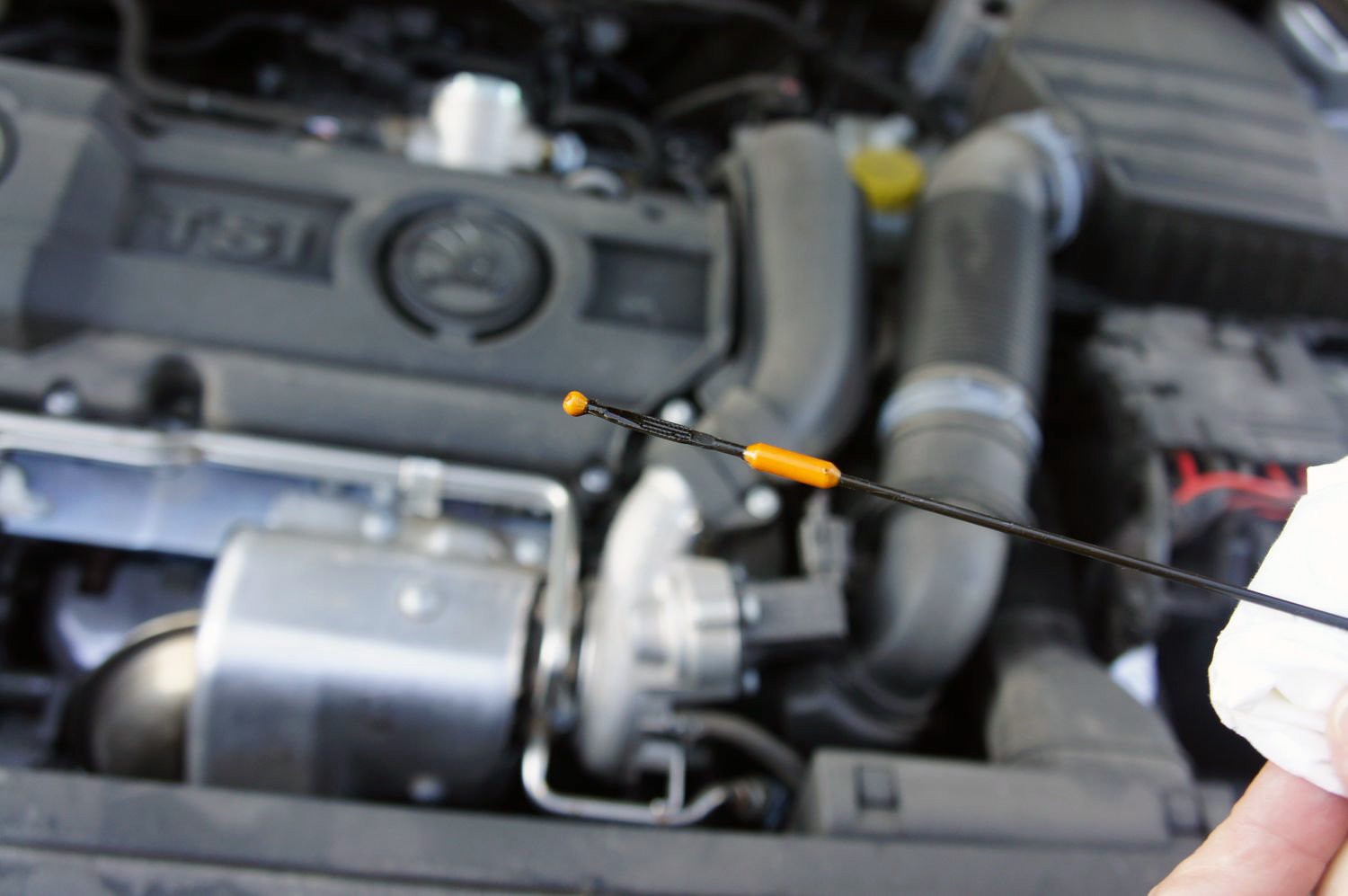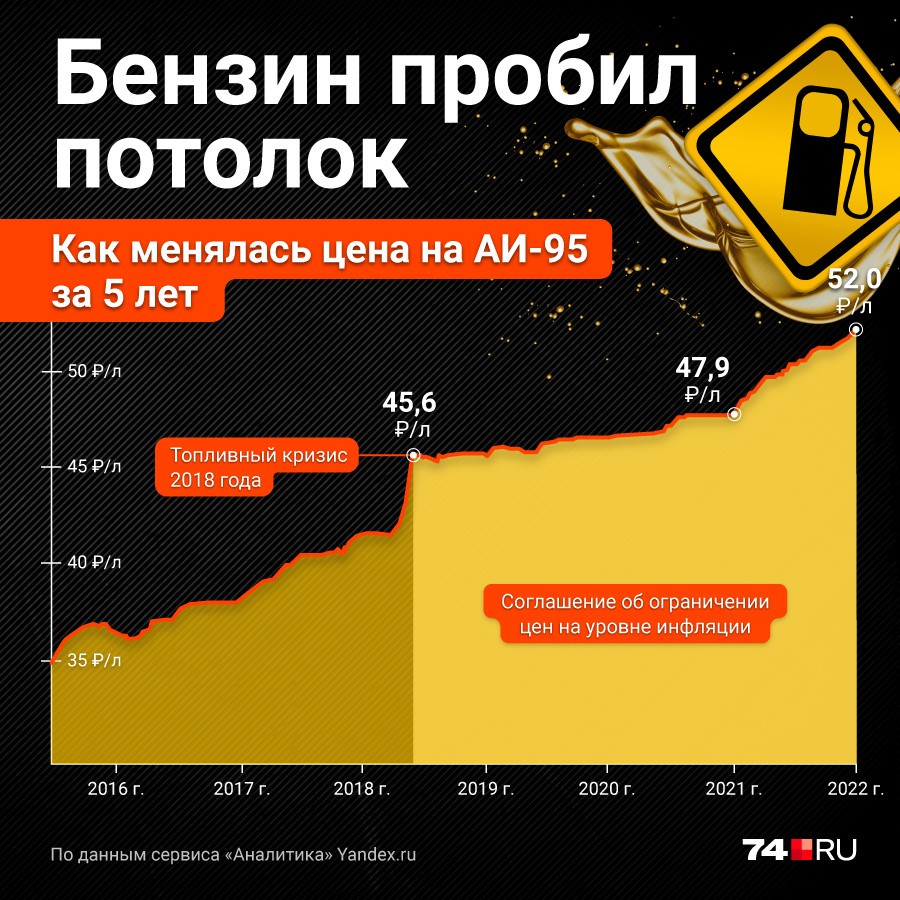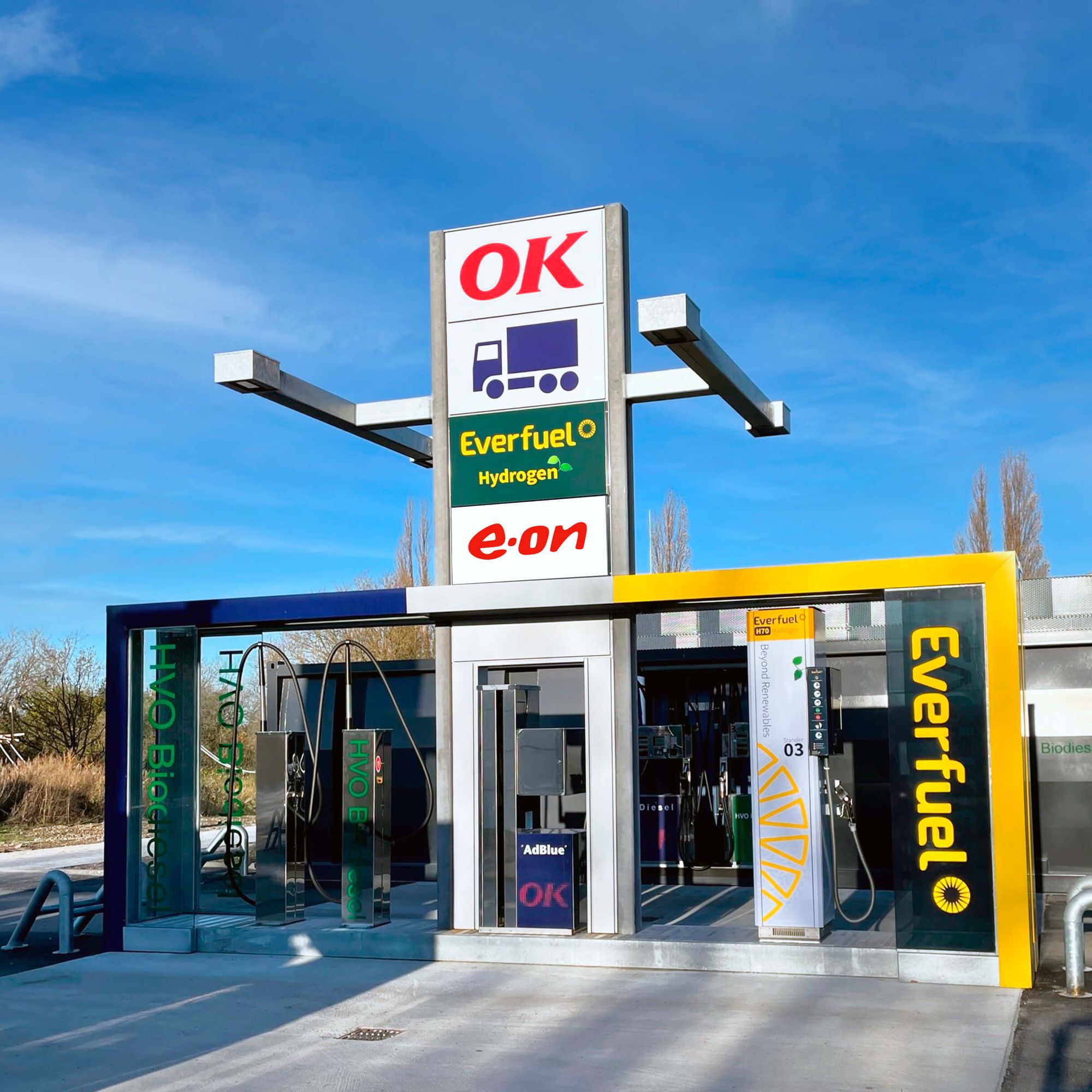
The engine uses oil - see what's behind oil loss or burning
Content
There are a lot of reasons why engine oil can leave - ranging from such prosaic ones as the sealing of the so-called oil pan, damage to the turbocharger, problems with the injection pump, wear of rings and pistons or valve stem seals, and even incorrect operation of the particulate filter. Therefore, the search for the causes of fire or loss of oil requires a thorough analysis. This is not to say that burning oil in an old car is normal.
The engine consumes oil - when is the consumption excessive?
Both mineral, semi-synthetic and synthetic oils evaporate at high temperatures, which, combined with high pressure inside the engine, can cause a gradual and slight decrease in the amount of oil. Therefore, during operation between oil change intervals (usually 10 km), up to half a liter of oil is often lost. This amount is considered perfectly normal and does not require any corrective action, and generally does not require adding oil between changes. Accurate measurement is best done over such a long distance.
Excessive engine oil consumption - possible causes
Among the most common reasons to start diagnosing are leaks in the connection of the oil sump with the engine or damaged pneumothorax and pipes. Sometimes a leak is visible in the morning under the car, after an overnight stay. Then the repair of the fault should be relatively simple and inexpensive. In cars with a turbocharger, a damaged turbocharger can be the cause, and in cars with an in-line diesel injection pump, it is this element that can wear out over time. Loss of oil can indicate head gasket failure, worn piston rings, or faulty valves and seals – and unfortunately, this means higher costs.
How to check why engine oil is burning
One of the main procedures for finding out the reasons for this state of affairs is to measure the pressure in the cylinder. In gasoline units, this will be quite simple - just screw the pressure gauge into the hole left by the removed spark plug. Diesel is a little more difficult, but also doable. The difference should be noticeable on one or more cylinders. It is worth looking at the exhaust gases in advance, if they turn gray or blue-gray as a result of pressing the accelerator pedal hard, this is a sign of oil entering the combustion chamber. The smoke also has a characteristic pungent smell.
Other causes of low engine oil levels
Modern drive units use many solutions to increase comfort of use, reduce harmful waste and increase engine power, but their failure can contribute to oil consumption, sometimes in quite large quantities. Increasingly used in modern cars (not just diesels), worn out turbochargers begin to leak oil used to lubricate moving parts and force it into the combustion chamber. It can even cause the engine to overclock, which is a huge problem and a safety hazard. Also, popular particulate filters after a certain mileage can cause oil consumption or an increase in its level in the oil pan.
What engines often use oil?
Not all vehicles are equally prone to premature wear and a tendency to burn oil. Owners of modern engines, whose manufacturers recommend extending oil change intervals, are better off ignoring these recommendations, because experts unequivocally state that oils lose their properties after about 10 kilometers. However, some units, despite the care of the user, tend to eat oil even after 100 XNUMX kilometers from the factory. This applies even to brands that are considered extremely durable.
Units known to consume oil
Known for reliability and trouble-free operation over hundreds of thousands of kilometers, Toyota has engines in its lineup that can hardly be called extremely durable. These, of course, include 1.8 VVT-i / WTL-i, in which faulty rings are responsible for this state of affairs. Only in 2005 this problem was solved. Another manufacturer known for its durable units, Volkswagen, also has similar models on its list - for example, 1.8 and 2.0 from the TSI family, which were able to consume even more than a liter per 1000 km. Only in 2011 this shortcoming was slightly corrected. There are also 1.6, 1.8 and 2.0 from the PSA group, 2.0 TS from Alfa Romeo, 1.6 THP/N13 from PSA/BMW or the acclaimed 1.3 MultiJet from Fiat.
The car is eating oil - what to do?
You certainly cannot afford to ignore oil losses of more than 0,05 liters of oil per 1000 km (depending on the manufacturer's catalog numbers). Large losses can cause the motor to run incorrectly, i.e. due to too much friction between its elements, which dramatically affects the service life of the drive unit. An engine without oil or with too little oil can fail very quickly, and if it is combined with a turbocharger, it can fail and be costly. In addition, engine oil lubricates the timing chain, which can simply break without lubrication. Therefore, if you notice serious defects after removing the dipstick, contact a mechanic as soon as possible.
Excessive oil consumption - is an expensive engine repair always necessary?
It turns out that it is not always necessary to repair or replace expensive engine components after noticing the loss of a certain amount of oil. If the oil pan or oil lines are damaged, it is probably enough to replace them with new ones. Valve seals can often be replaced without removing the head. The most difficult situation arises when the turbocharger, in-line injection pump, rings, cylinders and bearings fail. Here, unfortunately, expensive repairs will be required, the prices for which usually fluctuate in the region of several thousand zlotys. You can try to use products with a higher viscosity, but these are rather one-time measures.
Engine oil consumption is a wake-up call that should not be ignored by the driver. This does not always mean the need for expensive repairs, but always requires the driver to be interested in his car.

